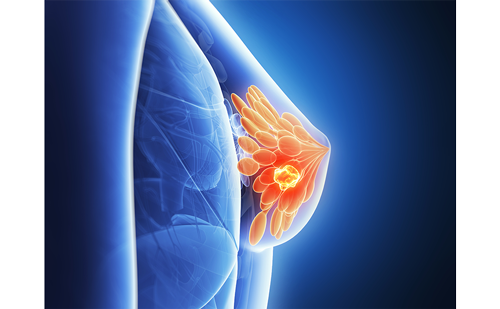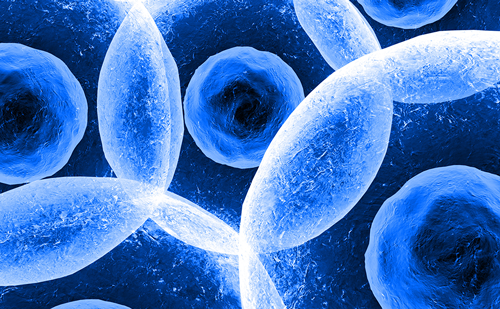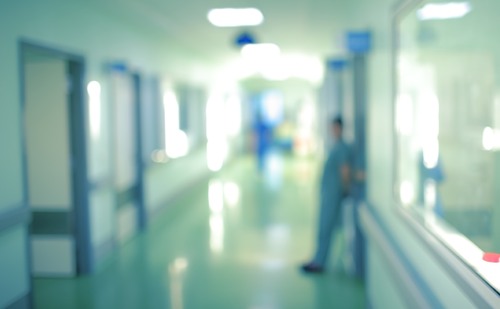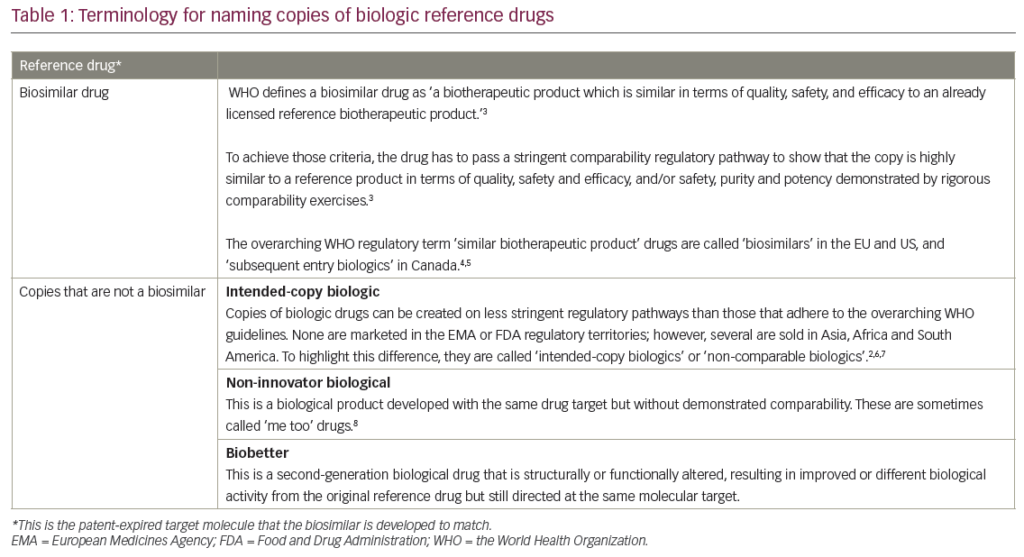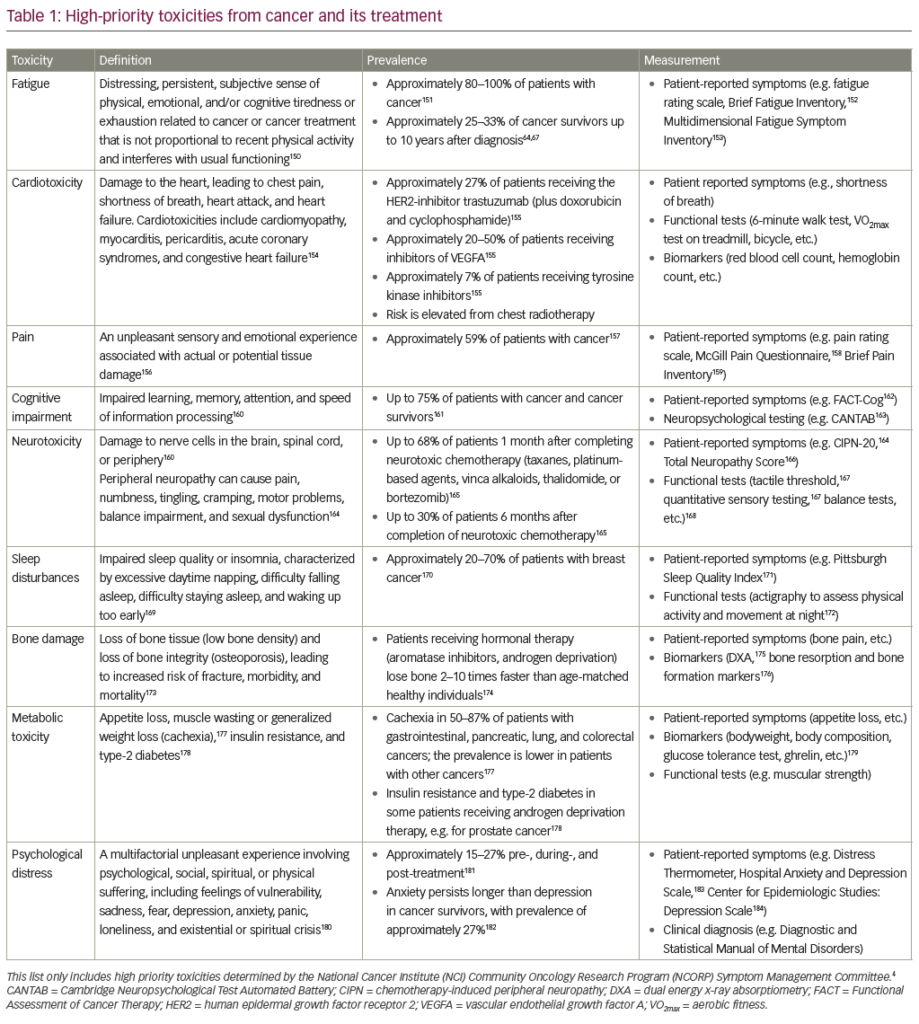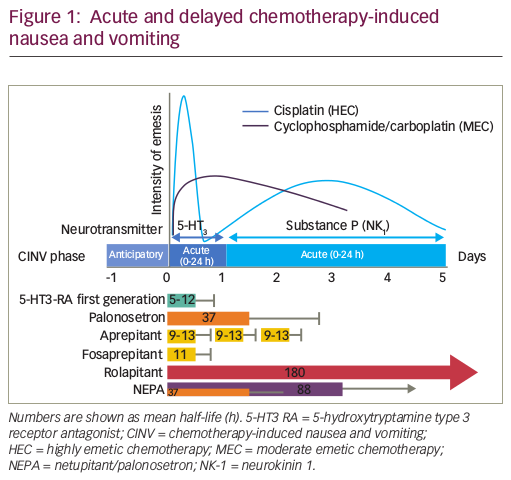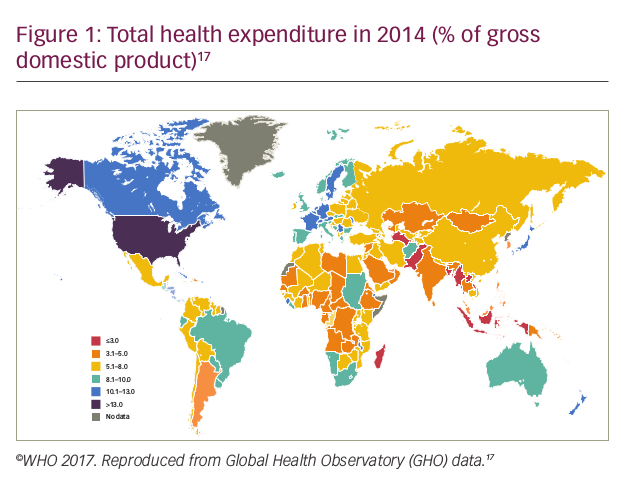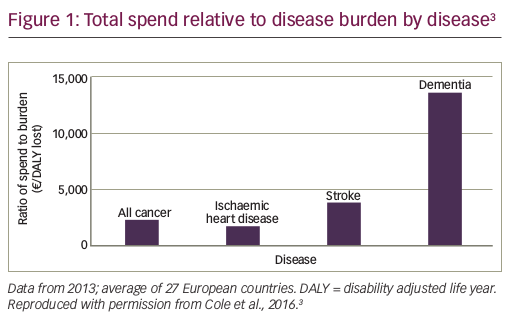With a population of over 500 million and equal access to excellent healthcare systems in most countries, Europe has enormous potential to lead the world in clinical research programmes in healthcare in general, and in oncology in particular. At the same time, we face some fragmentation and duplication of efforts and witness the effects of the introduction of the European Union (EU)-directives on the conduct of clinical research, which is tripling the cost and doubling the activation time of academic clinical trials.
With a population of over 500 million and equal access to excellent healthcare systems in most countries, Europe has enormous potential to lead the world in clinical research programmes in healthcare in general, and in oncology in particular. At the same time, we face some fragmentation and duplication of efforts and witness the effects of the introduction of the European Union (EU)-directives on the conduct of clinical research, which is tripling the cost and doubling the activation time of academic clinical trials.
To overcome these effects we need to firmly believe in our unique opportunities and position of strength, and we must improve interaction between national and European networks to overcome needless competition, avoid duplication and increase speed.
The European Organisation for Research and Treatment of Cancer (EORTC) is increasingly involved in such intergroup trials to secure large quickly accruing trials that will provide answers to crucial questions within reasonable timelines. This will guarantee that the trial results will be important for both defining new standards of care and providing timely building blocks for the next trials.
Science is the driving force behind today’s clinical trials, characterised by translational research studies that define mechanisms of action, predict which patients will respond and determine the logical design of further trials. The Trans-BIG/EORTC-MINACT trial on how to effectively use gene profiling in breast cancer is a typical example of the complexity of how to address today’s crucial questions that will change the very basis of our clinical treatment decisions.
To successfully conduct such trials one needs the participation of academic institutions with a good research infrastructure. That is why the EORTC is building such a network of core institutes (NOCIs). The EU should intensify programmes to further the formation of such networks to facilitate and solidify scientific and clinical progress.
One may envision various ways to unify our efforts in oncology. The creation of a single European scientific organisation may be a crucial step to help put Europe in the position to meet the challenge to successfully manage the unique opportunities that are within our grasp.
The time to step up to the plate is now. All Europe needs to do is to believe in itself and be aware of the phenomenal annual flow of scientific biomedical publications from Europe. The next step is to make the politicians and the public aware of this. We will only be able to do this if we learn how to communicate and speak with one voice. ■


